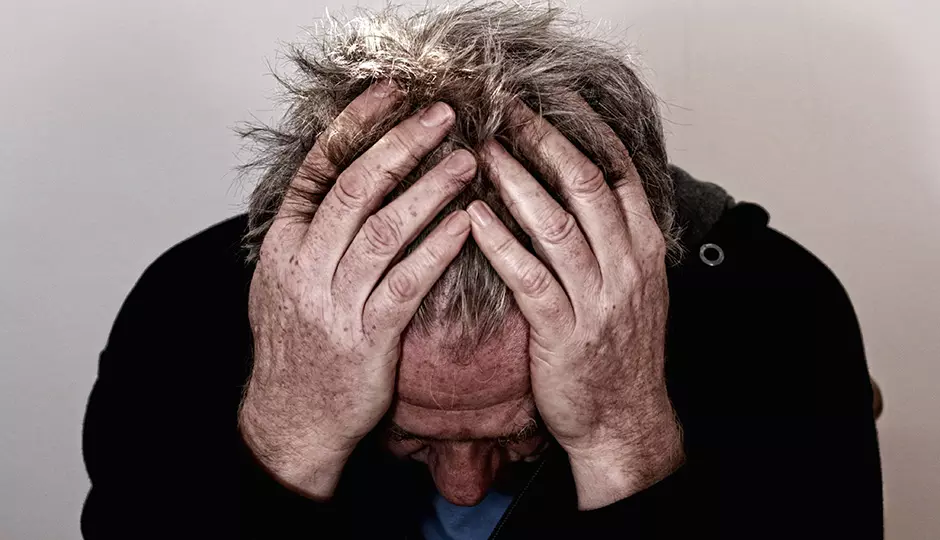Many factors can affect the texture of your hair. Changes in your hair can often be explained by considering what your body has recently experienced.
One common reason that you may be noticing changes in your hair's texture is because of surgery. While often overlooked as a cause, many people notice that the texture of their hair has changed after surgery. If you have had any type of major surgery and are seeing a change in your hair's texture, there's likely a connection between the two.
Surgery Creates Stress In Your Body
Your hair is affected by a wide range of factors, and stress is one of them. During and after surgery, your body experiences significant changes. These changes occur not only during the procedure and healing process but also as a result of changes to your body's hormonal balance.
Every person is unique and responds to surgery in different ways. However, most major surgeries, especially those that involve anesthesia, will cause some changes to your hair.
Many people who have had surgery initially experience a significant increase in hair shedding. This increased shedding is the result of the rapid increase in stress levels experienced within the body. However, many of these changes occur in the months following surgery, and you may not readily make the connection.
It is common for an increase in hair shedding to begin two to four months after surgery, and it can last for about three months when your natural hair growth cycle returns to normal. If your body is healing correctly, you will usually find that your hair growth will return to normal in time. However, you may also notice that the texture of your hair is significantly different than before your surgery.
Anesthesia Can Affect Your Hair
Anesthesia not only puts you to sleep during surgery but also affects some of your bodily functions, including your hair's growth. The cells in your hair follicles are among the fastest growing in your body and also the most sensitive to changes. Because of this, they are strongly impacted by anesthesia, and you may notice changes to your hair almost immediately.
Anesthesia puts your body in a highly relaxed state. The process slows the fast-paced cell division that usually occurs in your hair follicles. This slowdown can cause a significant disruption of the normal hair growth process. As a result, it is common for your hair follicles to produce strands of hair that are different shapes or cause them to be thinner or finer.
Nutrients Change
Another factor that affects your hair is nutrients. After surgery, your body diverts energy and resources toward the healing process. As a result, it diverts nutrients away from less critical functions such as hair growth. Your hair follicles are deprived of the nutrients needed to produce hair, making it difficult to grow hair at the normal rate.
In addition, the healing process can affect your metabolism, changing how your hair grows. If you notice significant changes to your hair after surgery, you should consult your doctor as soon as they become noticeable. Once you have ruled out any medical conditions that may be causing changes to your hair, you can take steps to improve your hair growth and return to normal.
What Steps Can You Take?
At New Image Hair Clinic, our team of hair experts can offer you solutions to help you get back your pre-surgery hair. We offer laser hair therapy, topical thickening products, wigs, hair restoration systems and more.
Contact us today to learn more about how surgery can affect your hair and schedule your FREE initial consultation.



